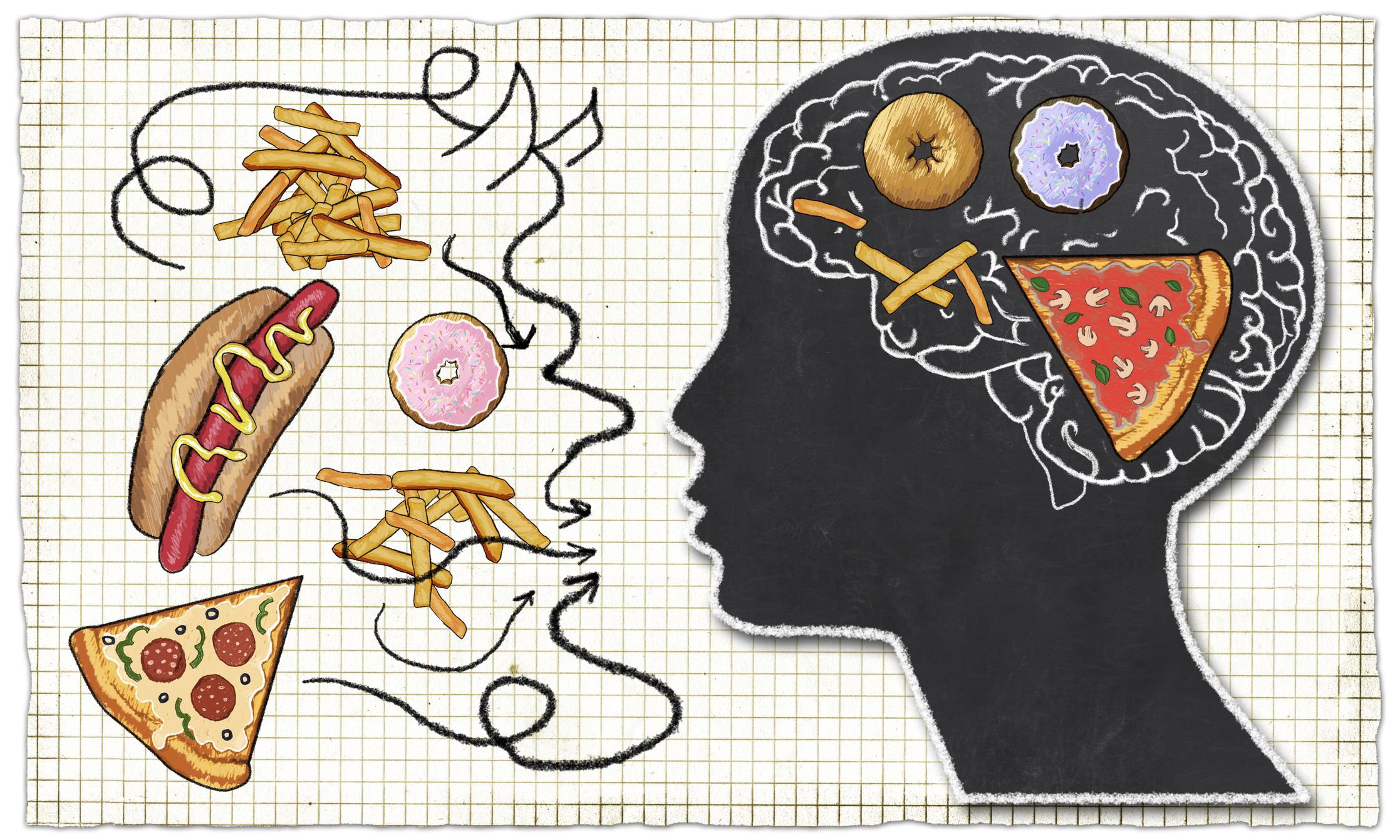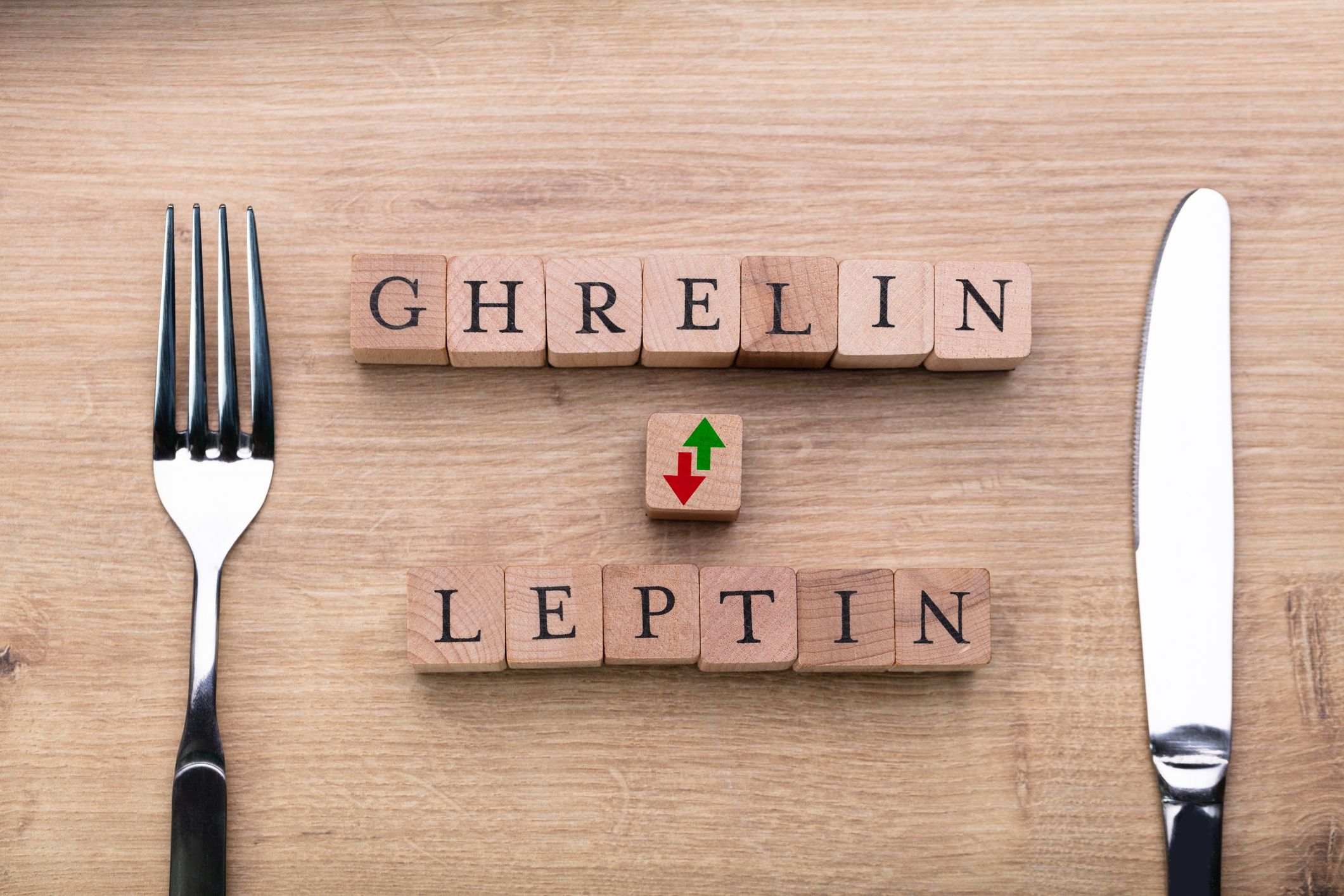Is your brain making you fat?
Article Credit – Steph Fowler (PhD) – Scientist, Equestrian, Legend!
Like a grand old train station in central Europe our brains rely on an intricate network of signals and messages coming and going. These signals direct the production of hormones and enzymes as well as the transportation of resources including hormones and nutrients among all of our other bodily functions. So what happens when signals get jammed? Or a train gets hijacked?

The villain of the story.
Over time this is exactly what obesity does to our hunger signals, hijacking us and convincing us to continue eating even when we are full. Changes to the brain happen with obesity and on a highly processed high fat, high carb diet affecting the hypothalamus, the control centre of the brain, triggering hunger and increasing cravings.
It’s a downward spiral where those effected have a miscommunication between the digestive tract and hypothalamus and hormonal imbalances in within the brain, which in turn increases the drive to eat highly processed high fat high carb foods, again driving the miscommunication and hormonal imbalances (1).
The result, a person who feels helpless under the barrage of cravings and bad moods, continuing to eat junk even though they know they “shouldn’t

Let’s meet the appestat!
The appestat is the controller in the midst of our brains regulating hunger from its spot in the control room of the hypothalamus in the brain. With a well regulated system, we eat well, signals in the form of hormones reach the brain that our stomach is full and our bodies need to digest the energy and nutrients. The appestat then switches off the hunger signals until our blood sugar falls and our stomach is empty.
Being the controller of our hunger signals, our appestat is also linked to our energy and activity levels to maintain our body weight ensuring our activity levels match our energy intake (2).
High carb, high fat, highly processed foods hijack this process, holding up the appestat and distorting the chemical signals it releases and responds to, such as leptin. Leptin is a hormone which is released by fat cells, instructing the body to reduce appetite and continue burning energy at a normal rate when you have enough body fat stored (3). This process is designed to keep us from overeating or starving, both of which would have risked our survival in the early days of human-kind (4).
(In another article we’ll talk about ghrelin, leptin’s cousin that makes you feel hungry.)
The disruption of the leptin and its recognition by the body is known as leptin resistance, a condition where loads of leptin is present but the brain doesn’t recognise its there, driving you to eat and reducing the energy you use, to prevent itself from starving causing even more weight gain (5).

Hope remains!
Unlike many would have you believe, being overweight and obese is not caused by laziness or lack of willpower. It’s almost impossible to overcome the hormonal factors such as leptin resistance which can cause weight gain. Although we still haven’t quite worked out the role of leptin resistance in obesity, all is not lost, recent research has shown there is a relationship between leptin and insulin resistance (6), so increasing insulin sensitivity through Banting and Keto, and reducing your amount of body fat will also help to increase the amount of leptin as well as your sensitivity to it.

- Shefer, A., Marcus, Y., & Stern, N. (2013). a brain disease. DOI 10.1007/978-0-387-79948-3_3640
- JOLLIFFE N. (1952). The appestat; the appetite-regulating mechanism. The Merck report, 61(3), 3–7.
- Banks W. A. (2003). Is obesity a disease of the blood-brain barrier? Physiological, pathological, and evolutionary considerations. Current pharmaceutical design, 9(10), 801–809. https://doi.org/10.2174/1381612033455350
- Liu J., Yang X., Yu S., Zheng R. (2018) The Leptin Resistance. In: Wu Q., Zheng R. (eds) Neural Regulation of Metabolism. Advances in Experimental Medicine and Biology, vol 1090. Springer, Singapore. https://doi.org/10.1007/978-981-13-1286-1_8
- Wynne, K., Stanley, S., McGowan, B., and Bloom, S. (2005). Appetite control. Journal of Endocrinology 184, 2, 291-318, available from: < https://doi.org/10.1677/joe.1.05866>
- Yadav, A., Kataria, M. A, Vandana Saini, C., Yadav, A. (2013), Role of leptin and adiponectin in insulin resistance, Clinica Chimica Acta,Volume 417, 80-84, https://doi.org/10.1016/j.cca.2012.12.007.

